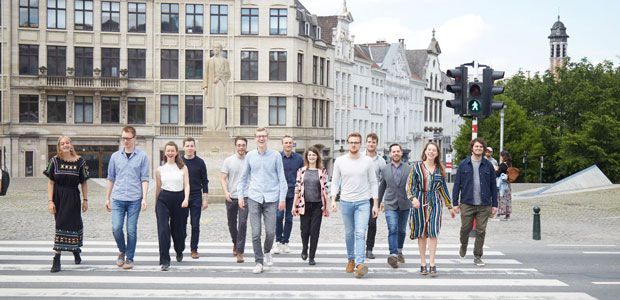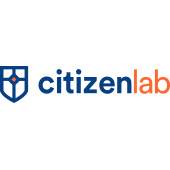
CitizenLab launches open source engagement tech to empower local governments
Civic Tech platform, CitizenLab has announced a move to open up the core version of its community engagement software, in an effort to equip smaller organisations and communities with the tools to democratise policy-making by involving more citizens.
Available from March 31st, the open source code can be found on GitHub, enabling civic organisations to deploy and run their own virtual consultation projects, for free.
CitizenLab’s technology allows people to make their voices heard using purpose built software designed to improve efficiency within civic decision-making. The platform provides governments, local authorities, and membership organisations with a ‘digital democracy toolbox’.
This enables them to enrich community meetings with virtual discussion forums, organise votes on suggested policy changes, or gather new ideas through surveying tools. The civic engagement tools have been developed through a recognition of the need to improve outdated bureaucratic processes with innovative technology, increasing transparency and political participation.
The open source software will be available through an AGPLv3 license, as demand for open software continues to grow amongst local governments. This will allow for the features to be made fully accessible and replicable, enabling organisations to deploy the platform on their own servers, make changes to the code, and power basic community engagement projects easily and efficiently. This move will mostly benefit small organisations and civic groups, who until now may not have been able to afford a licence.
Larger clients and governments will continue to have access to paid-for licences, which come with technical support, guidance, and tailored advice. For larger institutions, the move to open source will be an opportunity to increase collaboration with their communities and develop custom integrations for their engagement projects. Organisations including Sport England, the Nursing and Midwifery Council, and the Care Quality Commission (CQC) have already embraced CitizenLab over the past few months, in a bid to ensure members’ and community voices are heard.
On the decision to go open source, Wietse Van Ransbeeck, CitizenLab’s CEO commented: “Our move to open source is a way to practice what we preach. We cannot credibly champion transparency and openness to the governments we work with, if we do not practice it ourselves, and if the underlying infrastructure is entirely closed-source. Democracy should not be left to the black-box algorithms of private companies - it belongs to all of us.
“We have also noticed that the demand for open source is growing amongst local governments. Making the move to open source will enable us to collaborate with governments on high-impact projects and provide adequate tools for online deliberation at a regional or national scale.”
CitizenLab successfully launched in the UK in January 2020, and has previously worked with over 200 governments across 11 different countries to improve digital democracy. The decision to release an open source version of the software is reflective of CitizenLab’s willingness to prioritise wider societal benefit over profit.


